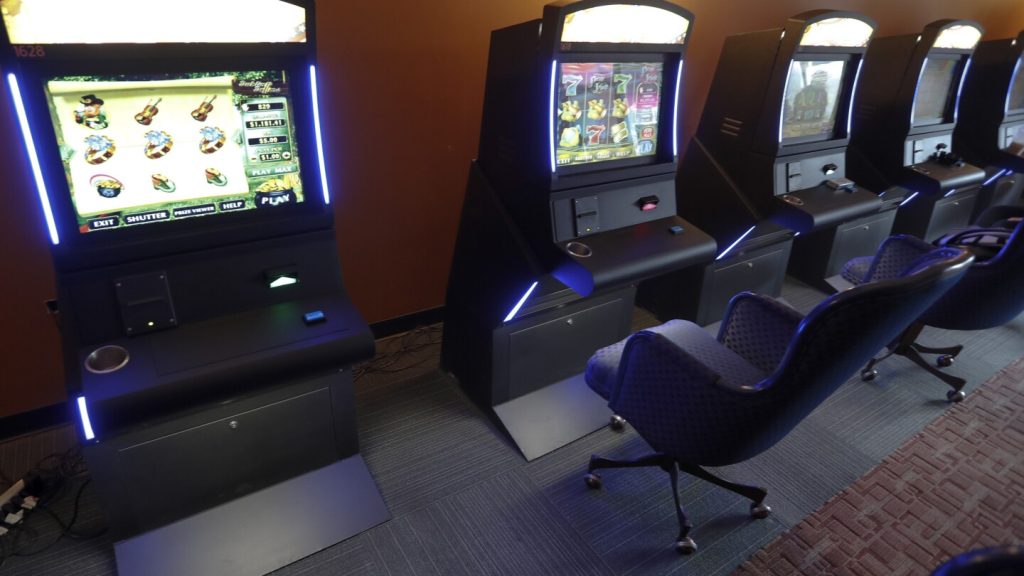The Pennsylvania Supreme Court will be deciding on the legality of the cash-paying electronic game terminals that have become common in convenience stores and bars. The court will consider an appeal by the attorney general’s office regarding a lower court decision that found these skill games are based on a player’s ability, rather than solely on chance like traditional gambling games. This decision could have far-reaching implications on how these machines are regulated under the law, with similar legal battles playing out in other states such as Texas, Virginia, and Kentucky.
Lawmakers in Pennsylvania are currently discussing regulating and taxing these devices as part of their negotiations to finalize the annual budget. The Pennsylvania Lottery and the state’s casino industry oppose skill games, as they believe they are losing revenue to these unregulated machines. Casinos pay a high tax rate on slot machine revenue, while skill games do not contribute to state gambling control laws. The proliferation of skill games has become a concern, with estimates suggesting there are over 67,000 terminals in Pennsylvania alone.
The attorney general’s office argues that these skill games are similar to slot machines and are taking away revenue from regulated gambling establishments. The agency believes that clear guidance from the court is needed to determine the legality of these machines under Pennsylvania statutes. The court will need to decide if electronic slot machines with hidden skill elements should be considered illegal games of chance and how the term “slot machines” should be defined. The case originated in Dauphin County in 2019 when state police seized Pennsylvania Skill-branded machines from a sports bar in Highspire, leading to a legal battle over the return of the machines and cash.
Although no one was charged with a crime, the machines were seized, leading to a lawsuit from the bar and vending company that owns them. The Commonwealth Court ruled in favor of returning the machines and cash, highlighting the integral role these skill games play in the bar and restaurant business sector, especially following the challenges of the pandemic. The skill games allow players to engage in memory challenges, which the attorney general’s office claims involve a minimal element of skill. Bills to ban or regulate skill games are pending in the legislature, with the skill game industry urging lawmakers to regulate the machines to protect them from seizure, framing the issue as a public policy debate for the General Assembly.
The outcome of the Pennsylvania Supreme Court’s decision could have a significant impact on the future of skill games in the state and potentially set a precedent for how these games are regulated across the country. The ongoing legal battles surrounding these machines highlight the complexities of regulating emerging forms of gambling that may straddle the line between skill-based entertainment and traditional gambling. As the debate continues, lawmakers, industry stakeholders, and legal experts will be closely watching the court’s decision and its implications on the evolving landscape of gaming regulation in Pennsylvania and beyond.


